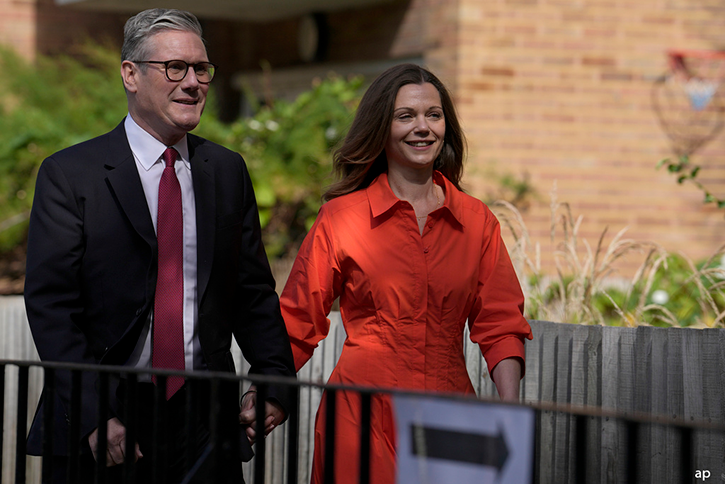As housing and education costs continue to rise, investing for your children's long-term future makes financial sense. Start early and you have time on your side – meaning you can play the long game and negate the effects of volatile markets.
But what is the best way to put money away for your children?
Option 1: Junior ISAs
Investing for your children from an early age can be a great way of ensuring they have the funds needed to deal with a couple of key stages in life according to Charlie Musson, spokesman at AJ Bell, the investment platform.
“If you want to build a nest egg for them to have when they are 18, a Junior ISA is a good option as you can invest £4,080 each year and all dividends and capital gains are then tax free,” he explained.
However, they are not suitable for parents looking for a way to pay for primary, junior and high-school education as assets are tied up until the child is 18.
“Some parents are also wary about their children gaining full, legal entitlement at age 18 to what might become a considerable sum of money and would, therefore, prefer to exercise some degree of control and discretion over when the child receives the assets,” adds Jason Hollands, managing director at Tinley Investment Management.
Parents may find the Junior ISA allowance is limiting, so those wishing to invest larger sums might need to consider additional options.
Many of the main fund platforms including Hargreaves Lansdown, The Share Centre and AJ Bell offer junior ISAs. As with any adult ISA, management fees or share dealing fees will be due too.
Option 2: Pensions
While it may be hard to imagine your child reaching retirement, making regular contributions to a child's pension can secure their financial future.
While they will not have the money until they are 55 at the earliest, knowing that there are pension plans in place could give them greater freedom over what they spend their money on when they are younger.
“Investing in a pension for your children is an incredible financial gift, as contributions of up to £2,880 will still get topped up by the State in respect of basic rate tax, even if the child has no earnings or taxable income,” says Hollands.
“This means a £2,880 maximum contribution will be topped up by £720 to £3,600. That boost helps turbo-charge returns in way a Junior ISA does not, which then accumulate tax free until benefits are taken.”
If you were to do this every year until they turn 18 and then cease contributions, the fund would be worth £393,827 when they are 55, even if they do not make any further investments over that time. This assumes 4% investment growth post charges and that the pension allowance and tax rules remain as they are today.
Option 3: Bare Trusts
Another option is a bare trust. This is a simple form of legal arrangement where investments will be held by an adult for the benefit of the child when they reach adulthood at 18. But up until that point the trustee can manage the investments held within it, including withdrawing money if it is to the benefit of the beneficiary, such as to pay school fees.
There are no contribution limits, making them particularly useful for passing on money early to limit inheritance tax. But keep in mind that if a child earns more than £100 in a year on money gifted by a parent, that income will fall under the parent’s tax regime.




























